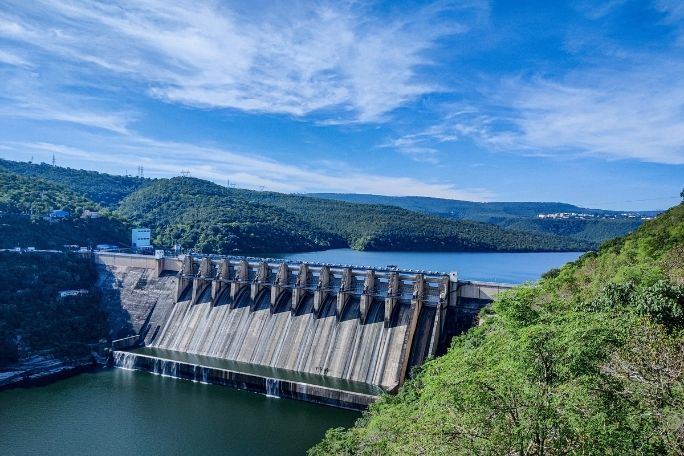Lesson summary
Students investigate our present and future resources of fresh water. They examine some of the current issues and compare different views about managing water resources. Students then write an essay on one water issue of their choice.
Learning intentions:
Students will...
- recognise key concepts around water, including personal water saving behaviours.
- communicate effectively in fair and considered class-wide discussion on issues.
- demonstrate the ability to read, evaluate and interpret information about the issues.
- demonstrate the ability to use online tools to complete activity (extension).
Lesson guides and printables
Lesson details
Curriculum mapping
Australian curriculum content descriptions:
Year 7 Science:
- Some of Earth’s resources are renewable, but others are non-renewable (ACSSU116)
- Identify questions and problems that can be investigated scientifically and make predictions based on scientific knowledge (ACSIS124)
Year 7 English:
- Use comprehension strategies to interpret, analyse and synthesise ideas and information, critiquing ideas and issues from a variety of textual sources (ACELY1723)
Year 8 Science:
- Identify questions and problems that can be investigated scientifically and make predictions based on scientific knowledge (ACSIS139)
- Summarise data, from students’ own investigations and secondary sources, and use scientific understanding to identify relationships and draw conclusions(ACSIS145)
Year 8 English:
- Analyse and evaluate the ways that text structures and language features vary according to the purpose of the text and the ways that referenced sources add authority to a text (ACELY1732)
Syllabus Outcomes: SC4-4WS, SC4-7WS, SC4-12ES, EN4-2A, EN4-3B.
General Capabilities: Critical and creative thinking.
Cross-curriculum priority: Sustainability OI.8.
Resources required
- Internet access
- Writing materials
Additional info
This is an original Cool.org lesson. Facts and figures in these lessons may have changed since this lesson was published. We always endeavour to update our resources in a timely manner, but if you see an error or issue in our resources please get in touch with us.


Welcome back!
Don't have an account yet?
Log in with:
By signing up to Cool.org you consent and agree to Cool's privacy policy to
store, manage and process your personal information. To read more, please see
our privacy policy here(Opens in new tab).
Create your free Cool.org account.
Many of our resources are free, with an option to upgrade to Cool+ for premium content.
Already have an account?
Sign up with:
By signing up to Cool.org you consent and agree to Cool's privacy policy to
store, manage and process your personal information. To read more, please see
our privacy policy here(Opens in new tab).